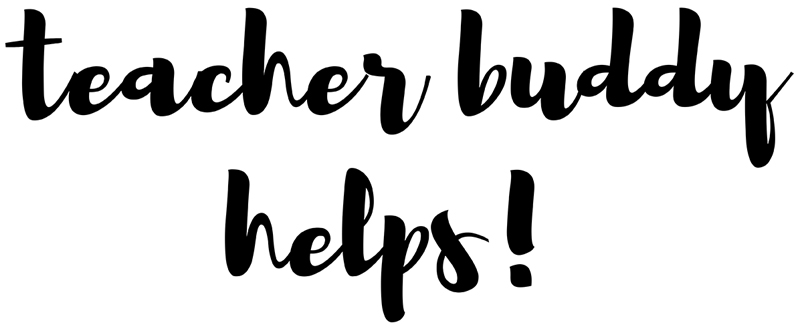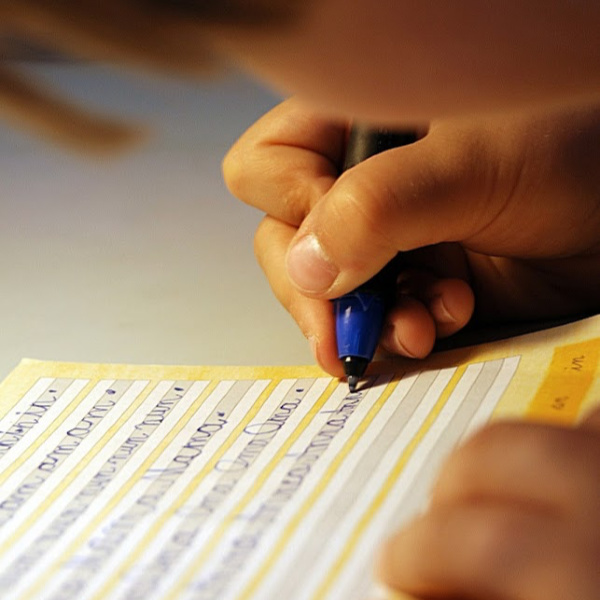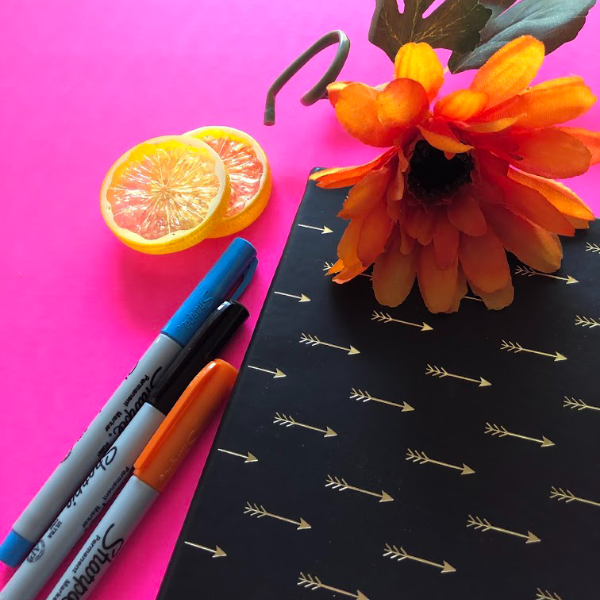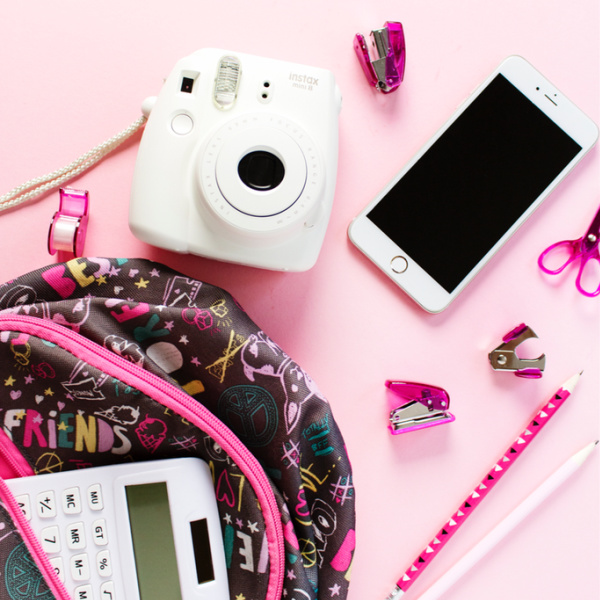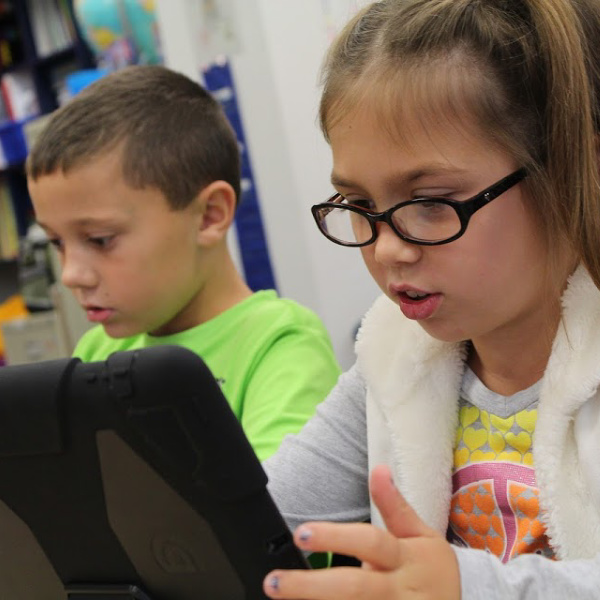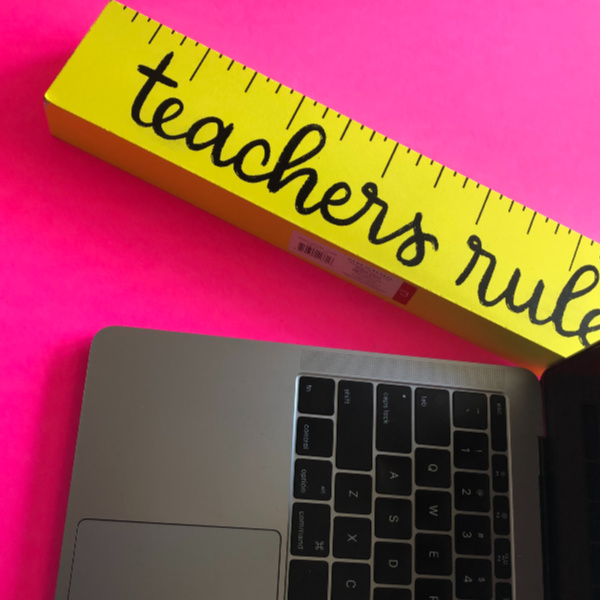What Your Principal Wants to See during teaching observations
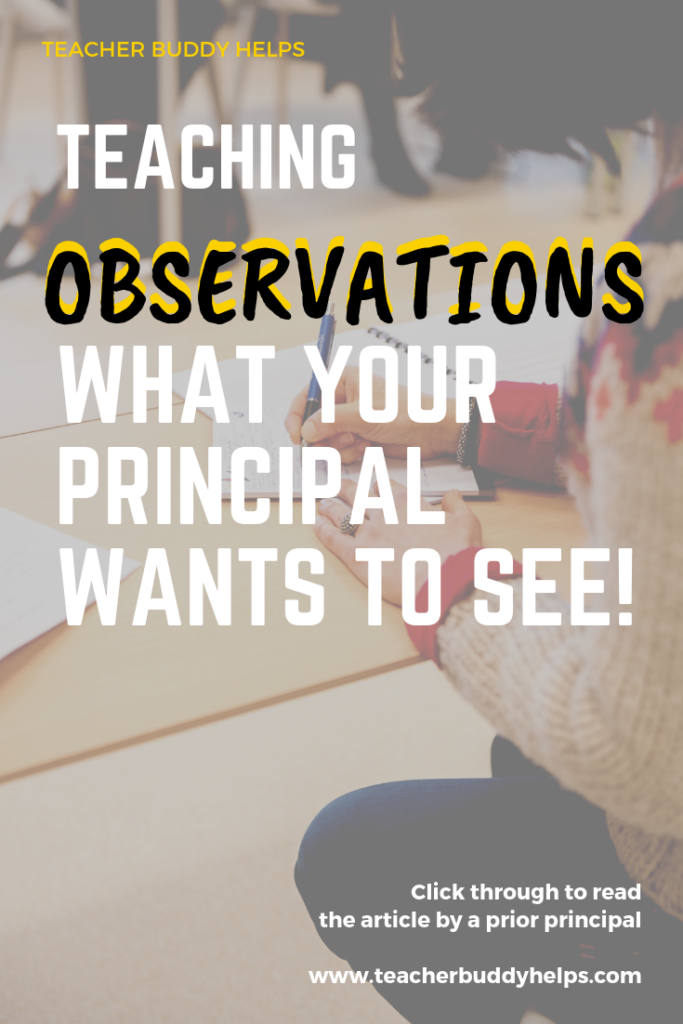
What does your principal want to see during teaching observations? After 17 years as a classroom teacher, I spent 14 years in Educational Administration in K-8th grade prior to moving to the Community College level.
I began as an Assistant Principal and then became a Principal three years later.
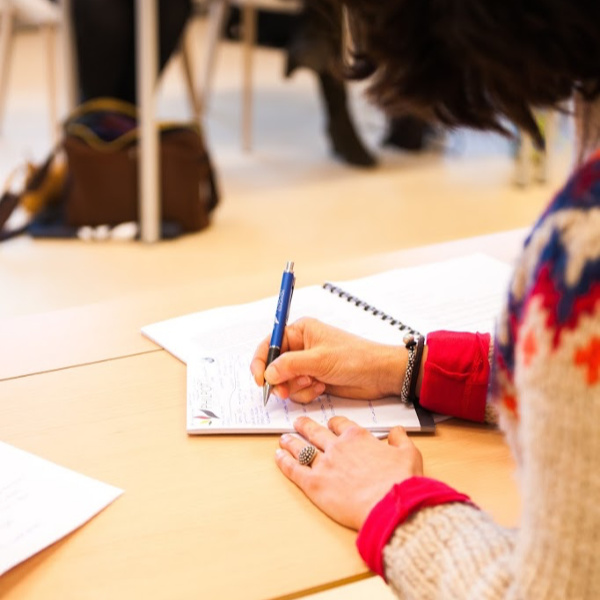
Formal Observations
Every year one of my major tasks in these positions was to conduct formal classroom observations in order to evaluate the teacher at the end of the year. In the districts where I worked as an administrator, all teachers were evaluated every other year (with probationary teachers being observed every year).
So, in the year I was evaluating a particular teacher, I would “formally” observe him/her four times; twice in the first semester and twice in the second semester.
FREE TIPS
Before I get farther into this article, I want to be sure to offer you a FREE copy of my 101 Teacher Tips here.
**
I was a Teacher Too!
Since I was a prior teacher, I KNEW how nervous these observations are to teachers (especially novice ones).
When I was a teacher I worked VERY HARD to prepare for my formal observations. I made sure the lesson plan had all the essential components of a perfect lesson.
And I was just as guilty as a lot of you of coaxing my students with a “class reward” if they would all behave during the observation.
The Flip Side
So later, when I was on the other side of the “observation” relationship, I COMPLETELY understood what teachers were going through and how they were feeling. I would always wonder, what do principals want to see?
I made it a point to try to make it non-threatening, but you never can take that nervousness away from most teachers.
AND, most teachers are their own worst critics. A lesson can be fabulous, with only one minor mistake or problem and that is what the teacher will dwell on. I KNOW, I WAS ONE OF THOSE TEACHERS TOO!
So what do Principals look for?
The simple answer is CLASSROOM CONTROL. That must be in place for learning to occur.
There are many other items that are being observed. Is the lesson well-crafted? Is it a regular lesson (or something that was planned out to impress me – often we can tell)?
You might also like to read my article on student behavior.
Minimizing and/or Eliminating Behavior Issues in Elementary School.
Here is a new FREE downloadable that I’ve created called “10 Ways to Impress Your Principal.” You can get it here.
**
Here are some specifics!
Are the students happily engaged? Do they blurt out during instruction? Are they paying attention? Are they interested? Is the teacher making adjustments when things aren’t going well? Does the lesson flow smoothly?
Did the teacher remember all the components of an effective lesson? Did the lesson drag out for too long? Are students following the class rules?
Is the lesson objective written on the board? Is there evidence of o
Are you making sure all students are following the rules, and are you correcting those who don’t?
This was my thought process during most teacher observations.
A quick personal story
I have a quick story about an observation I had as a teacher in a Kinder/ First Grade combination class. The lesson was fine and the students were engaged, BUT there were a few little darlings who wanted to go on and on and on and on with their answers.
Now, normally I would just cut them off politely and let them know we need to move on with the lesson. BUT this time I didn’t because I was being observed and wasn’t sure how the principal would feel about me interrupting students in the middle of their stories.
Well, during the post-observation conference this was the only suggestion that she had for improvement. I told her I usually do cut them off and move on but that I was nervous.
I learned from that observation to do what I naturally do as a teacher, don’t second guess yourself because you are “on stage.” You know what to do with students and how to conduct an effective lesson.
Check out my Classroom Routines Checklist for FREE
Speaking of classroom control and routines, I have a FREE Classroom Routines Checklist that you can download right away. Click the link and I will send it right over to you.
**
Another obs ervation strategy
IF THE TEACHER WAS A VETERAN TEACHER that I had worked with for a few years, I sometimes would change it a bit. I would ask her (for this example I’m going to say HER) if she wanted me to observe for a certain “thing?”
For example, did she want me to count how many times students answered questions? Or to “tally” how many boys vs. girls were participating? Or, how many times she had to redirect “Tommy” who has ADHD?
Usually when I discussed this type of observation teachers were very surprised, since they hadn’t heard of this type before. Basically, I would let her know that we both knew she was a great teacher. And that she had command of that grade level, both the curriculum and the classroom control.
So, why not use my observation to help us both discover something about her teaching (neither good nor bad), but NEW!
I only did this a few times (one district wouldn’t allow it). But, when I did it was very interesting. Both the teacher and I learned new things about the learning process and their instructional practices.
Some Suggestions
From a life-long educator’s viewpoint (and a prior administrator), here are a few pointers.
- Utilize a system where all students are answering for some of the questioning (such as marker boards or thumbs up)
- Have a system for randomly selecting who you ask questions to.
- Use “wait time” after asking questions.
- Redirect students who aren’t following the rules.
- It’s best to incorporate Active Learning in some manner than to just have a lecture.
- Incorporate all portions of the correct lesson format.
- Do a quick review of prior learning at the beginning of the lesson as part of the introduction.
- Have a “written” lesson plan that you can hand the principal when he/she walks in the room. Even if it’s not required – it will impress him/her.
- On that lesson
plan you hand your principal, list what the students will do after the lesson for the independent practice of the learning (is it homework?) - When meeting with the administrator after the observation, don’t point out small errors in the lesson. He/she may not have even noticed them. If they bring it up, of course, admit that you realized it also.
Was this helpful? Let me know.
I hope this article has been helpful to you. My main point of it is to keep doing the great teaching you already do day in and day out. Yes, it’s ok to over-prepare (we all want to impress). Be sure that your classroom control is on display during the lesson; correct students who are disrupting. You won’t regret it.
Until next time,
Your Teacher Buddy Dawn
